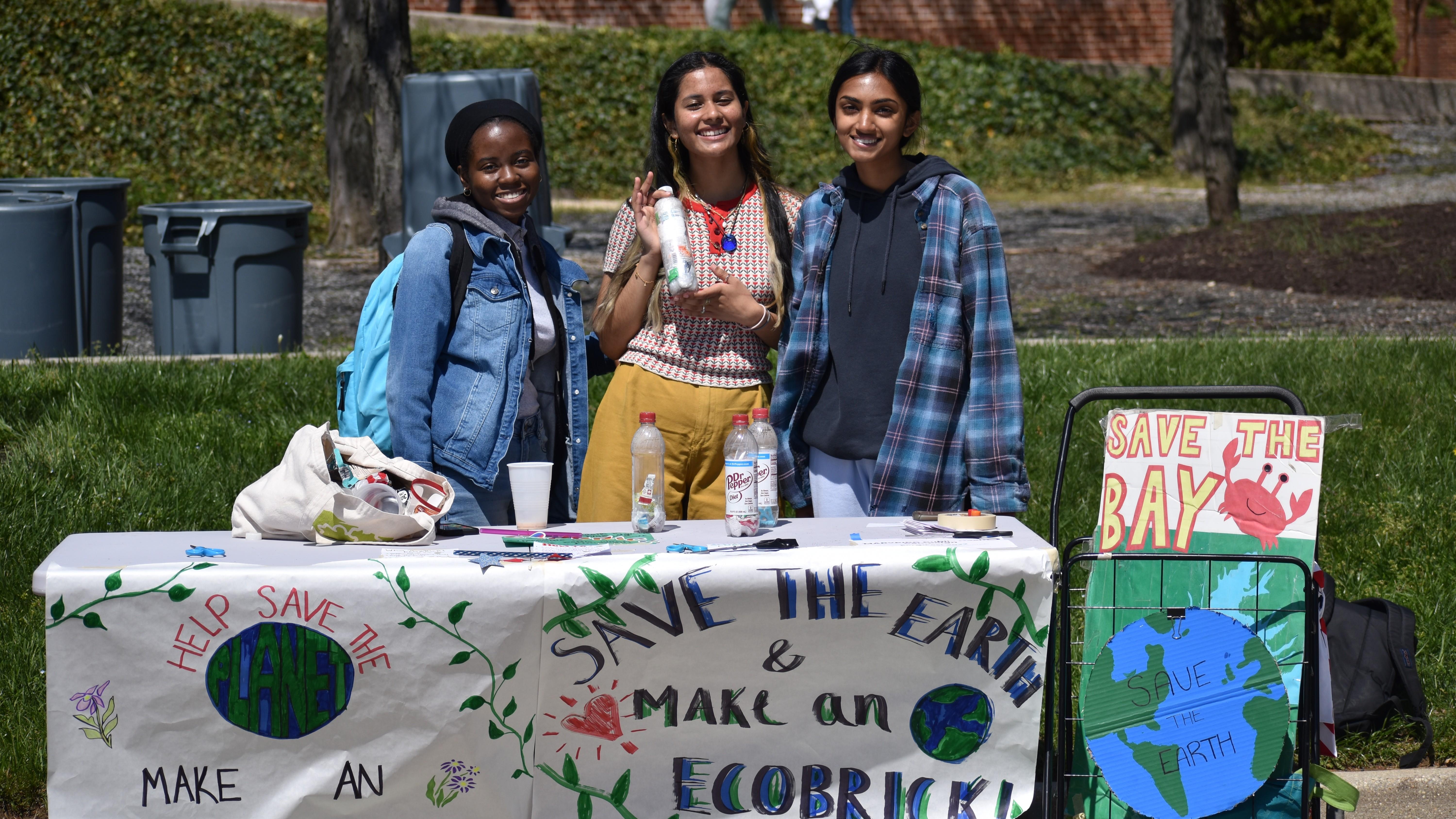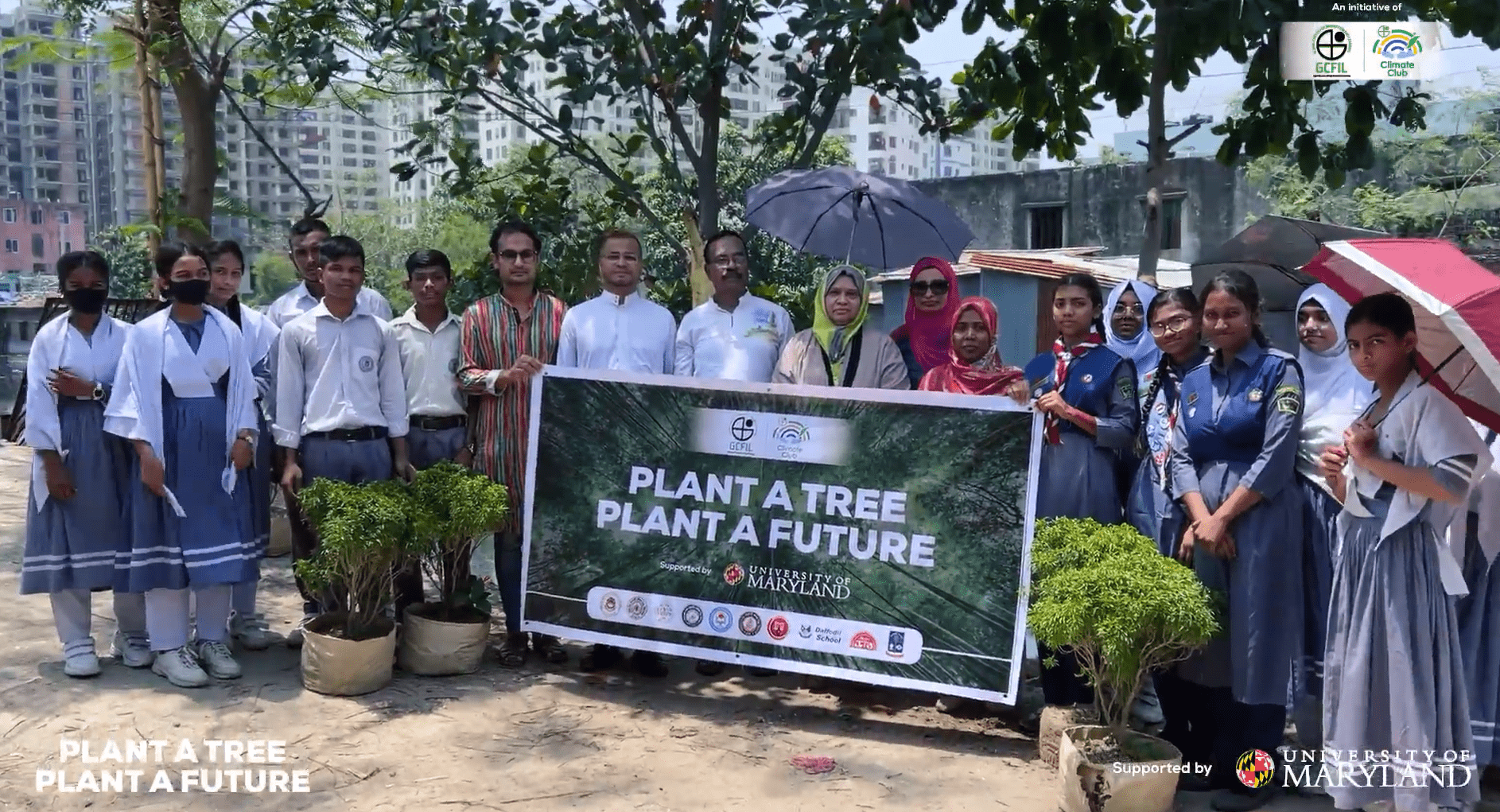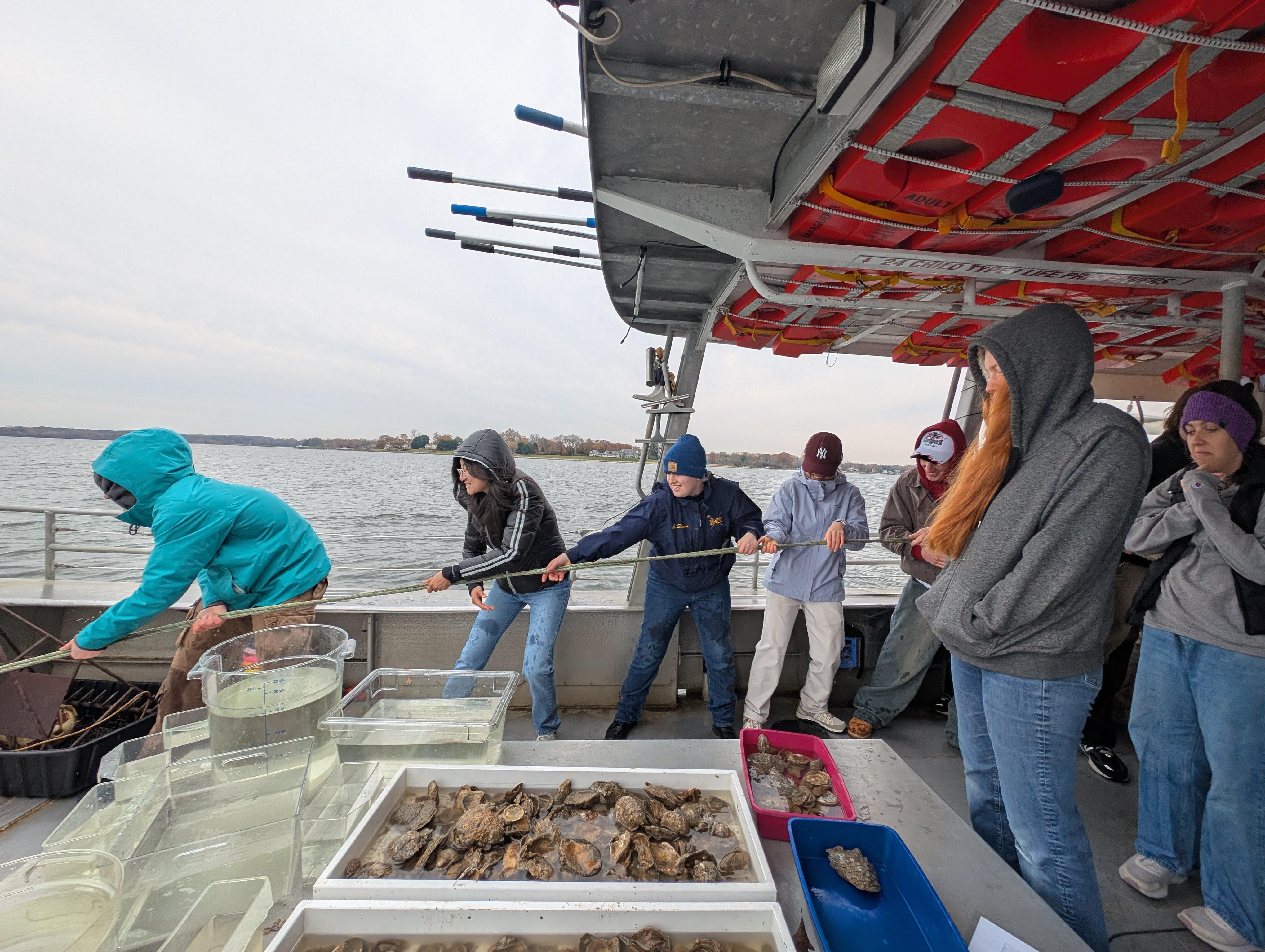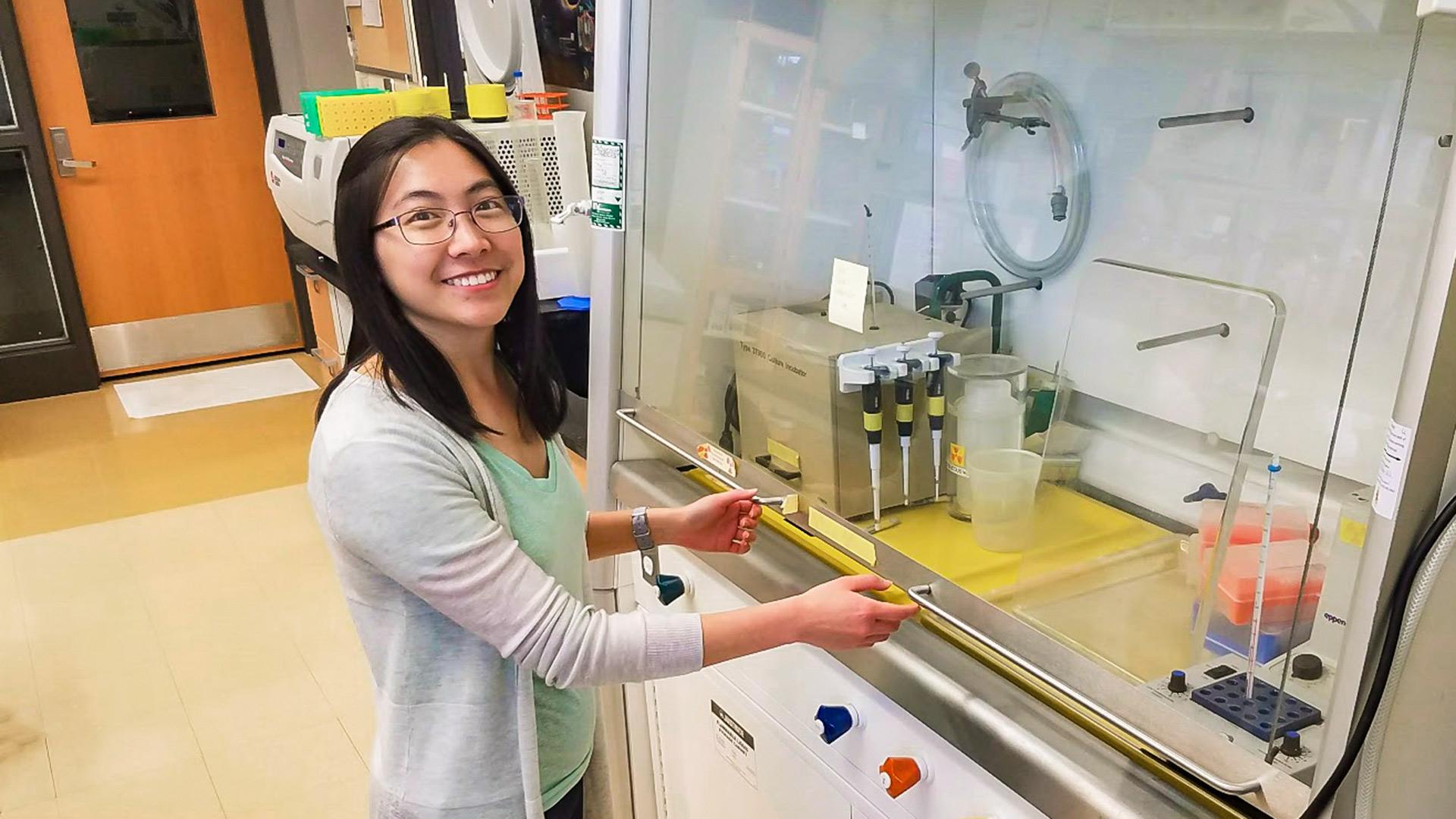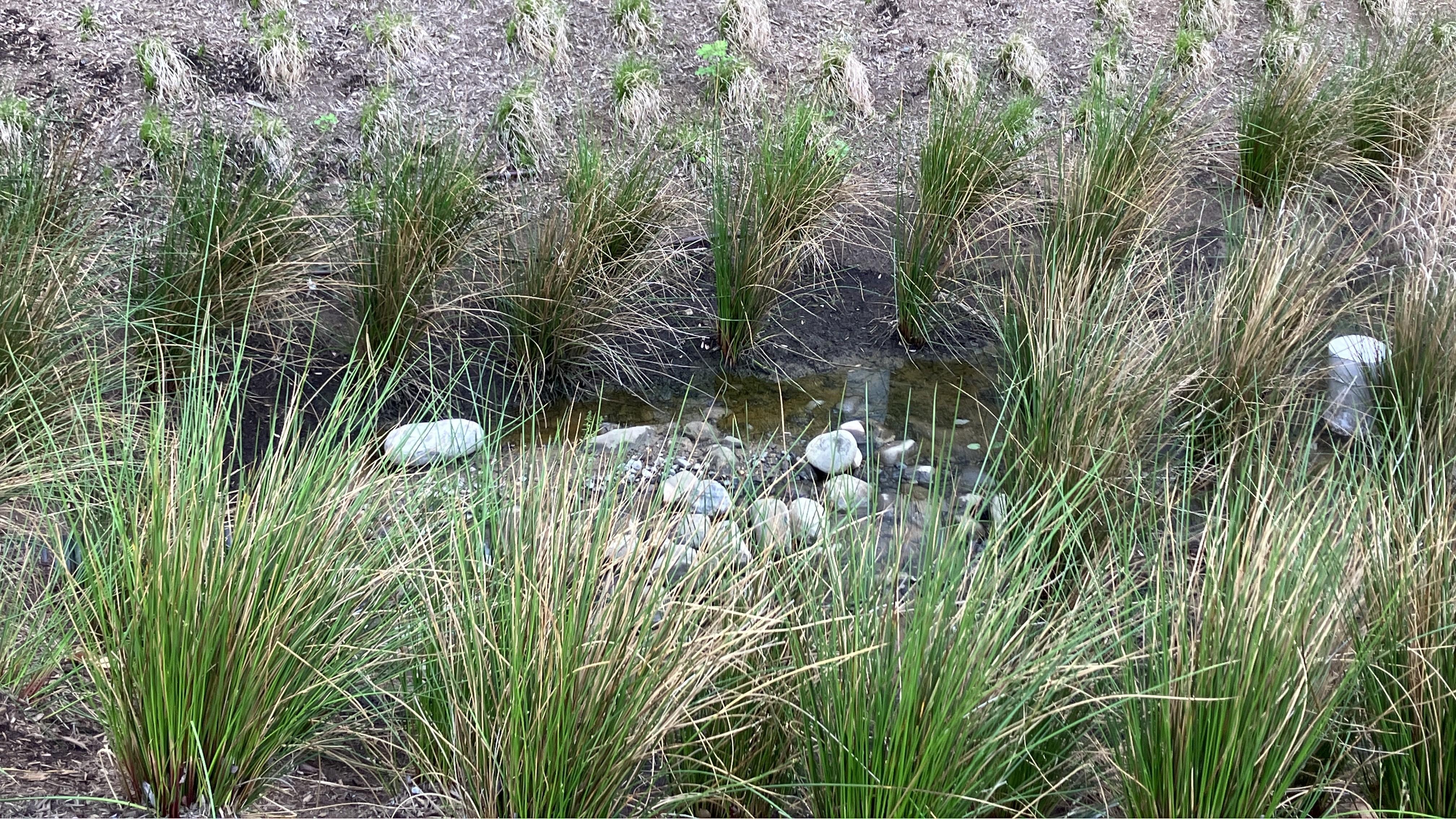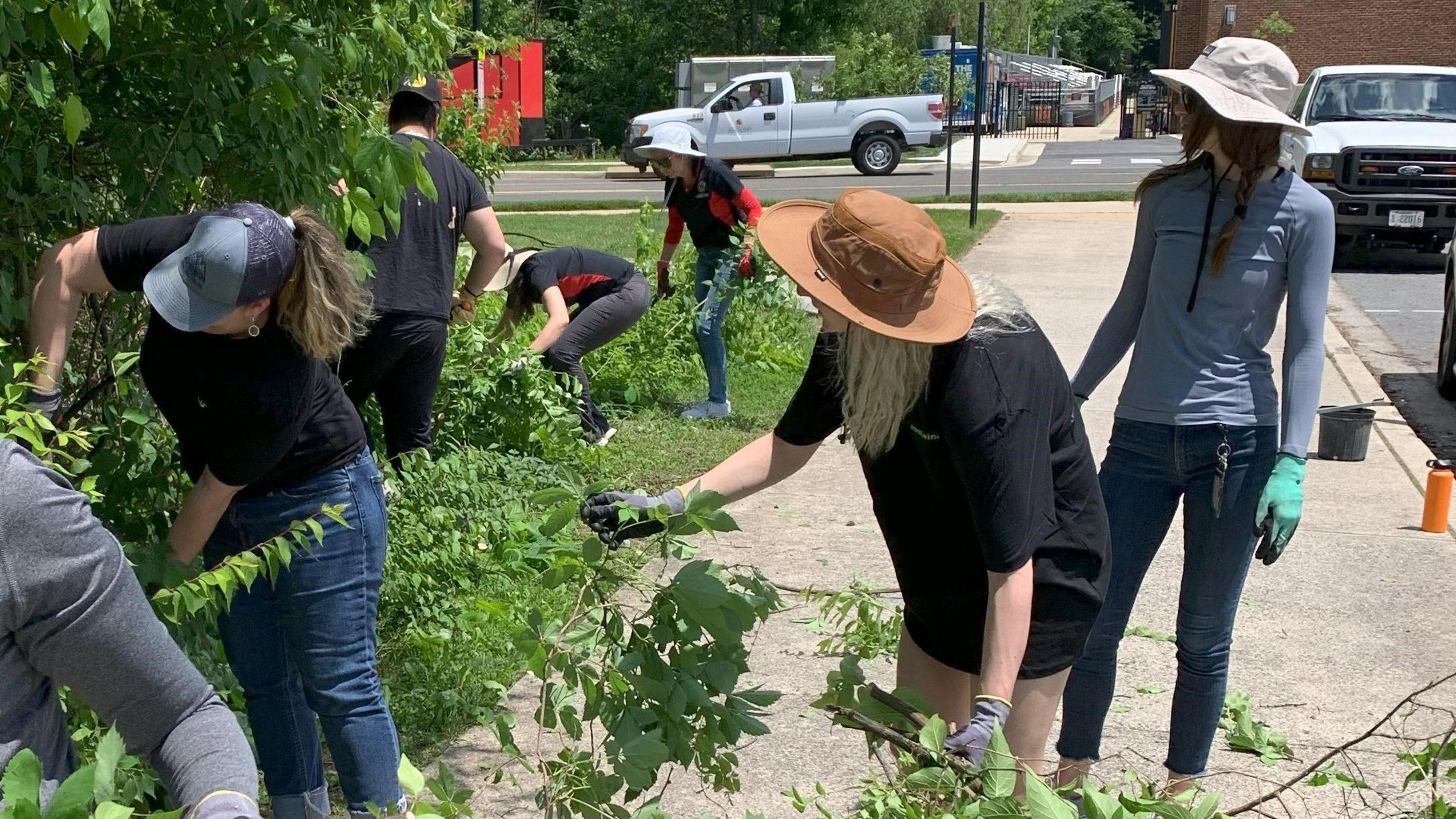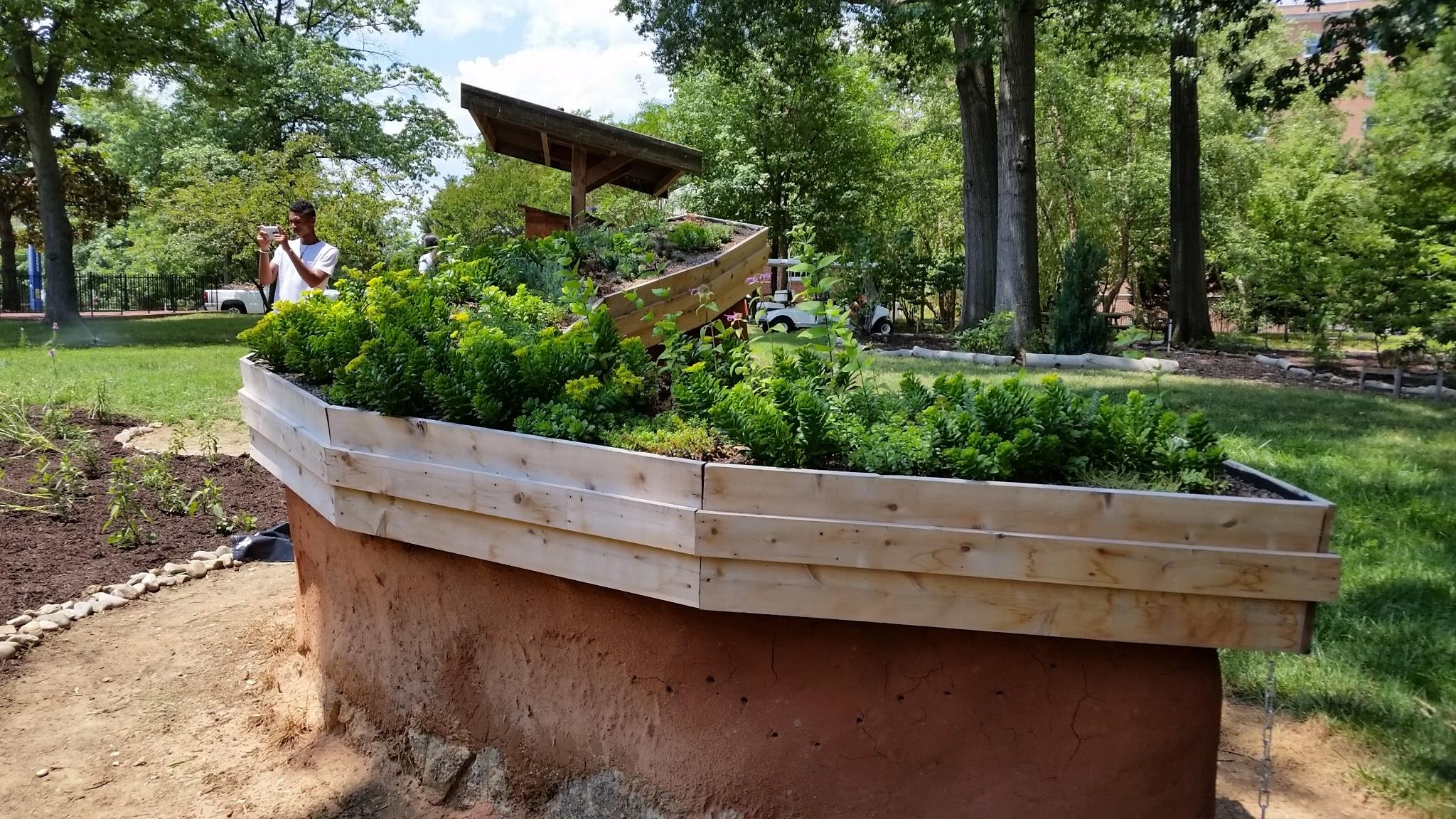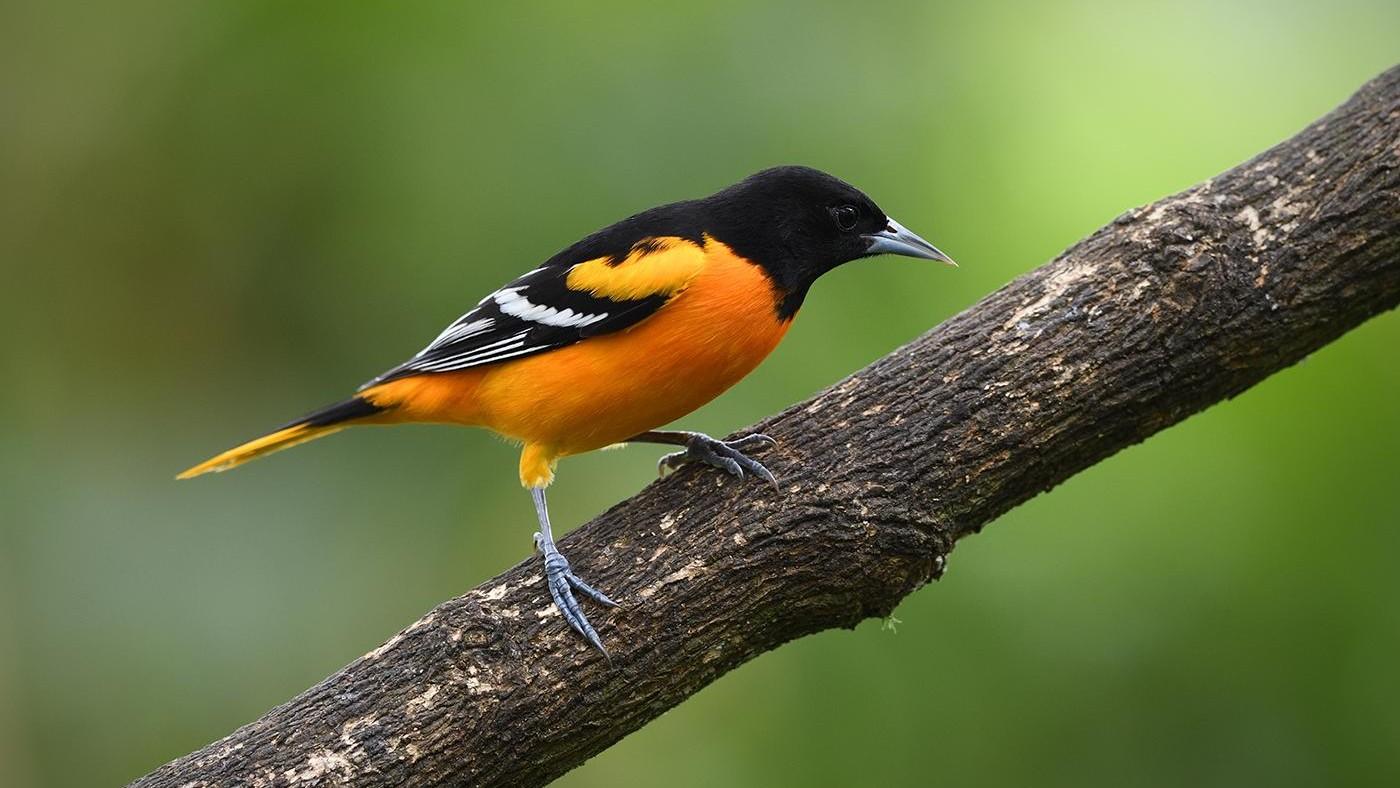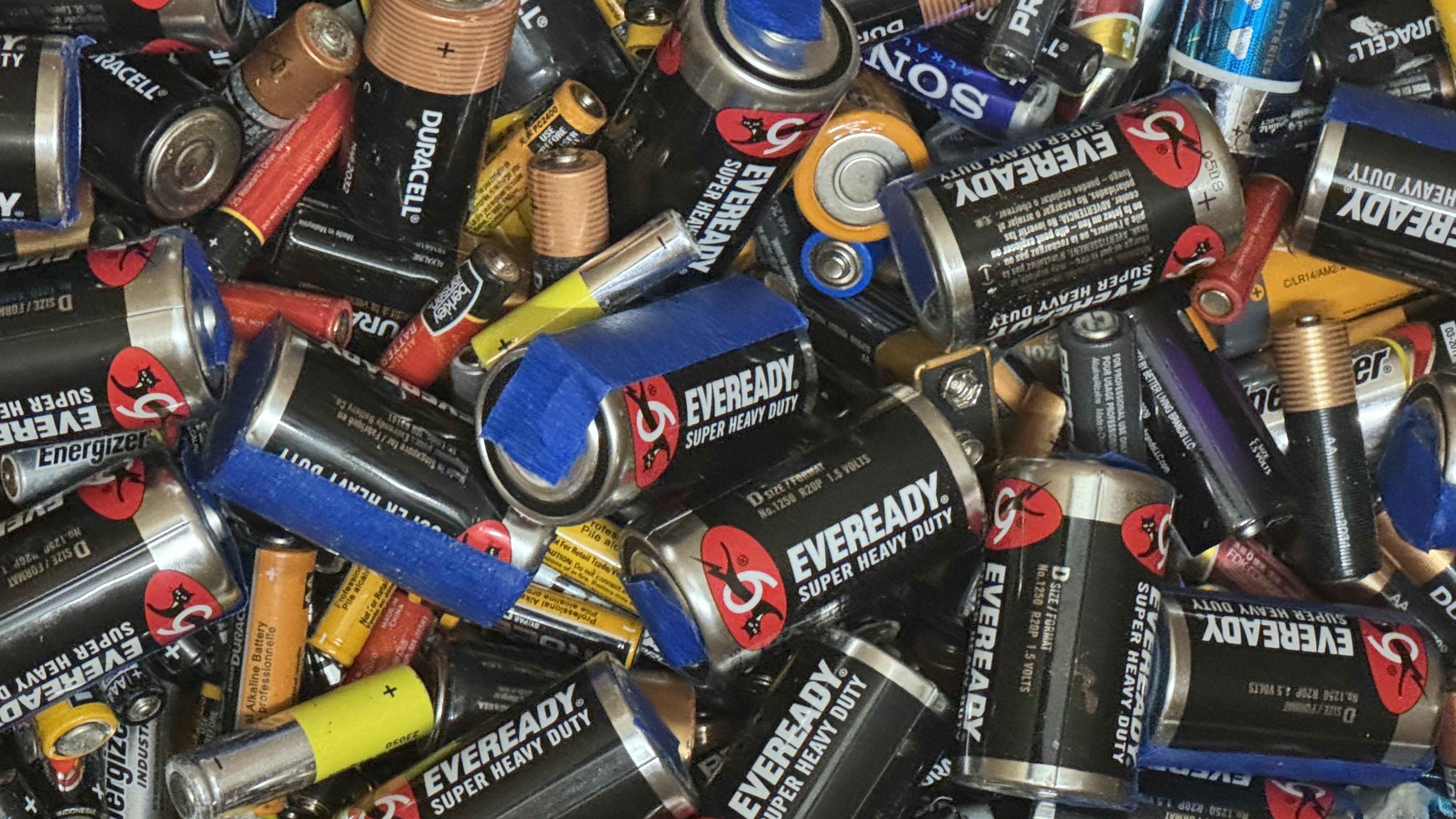$2,000 or less per award
Sustainability Mini Grants are intended to provide small grants ($2,000 or less) to encourage the development or maintenance of projects or programs that improve the sustainability of the UMD campus and/or enhance opportunities for students to learn about sustainability issues. Students, faculty, and staff are encouraged to apply. The SGA Sustainability Committee will review applications as they are received and applicants will receive a funding decision within 30 days of submitting a complete application. A total of $10,000 is available each semester. Projects requesting more than $2,000 must apply through the University Sustainability Fund.
Applications are accepted on a rolling basis from September 1 to April 30 each year. Please contact the SGA Sustainability Committee- Mini Grant Coordinator (sustainability-mini-grant@umd.edu) with questions.
Mini-Grant FAQs
Who should I select as my USource Manager?
The faculty/staff advisor that is helping with your project should be able to provide you with the contact information of their office or department's business manager. They may also provide you with a USource account number they have access to. The USource Manager is the USource Manager listed on that USource account in Workday.
How will I access the funds?
The funds allocated for your project will be transferred to the USource account number you provide. You will have to work directly with the business manager responsible for the account to help pay for the items/services you wish to purchase with your funds. Some purchases are not able to be covered by USource accounts. We suggest you speak with your business manager or advisor about what is or isn’t approved before making any commitments or purchases.
What should I include in my final report?
Under the approved guidelines, all projects must submit a final project report at the conclusion of the project that includes:
- A budget detailing how you spent the funds
- A brief description of the project’s outcomes
- Photographs of your project in action and short testimonials from undergraduate students if applicable
Final reports should be submitted to sustainability-mini-grant@umd.edu at the conclusion of your project.
When does the application open and close?
The Mini-grant application typically opens September 1st and closes at the end of April, or, once the allocated budget for the year is spent.
How long does it take funds be transferred after my proposal is approved?
Allow one to two weeks after your proposal has been approved to receive funding.
How will I know when my funds have been transferred?
You will receive an email from sustainability-mini-grant@umd.edu once confirmation of the transfer of funds has been received.
